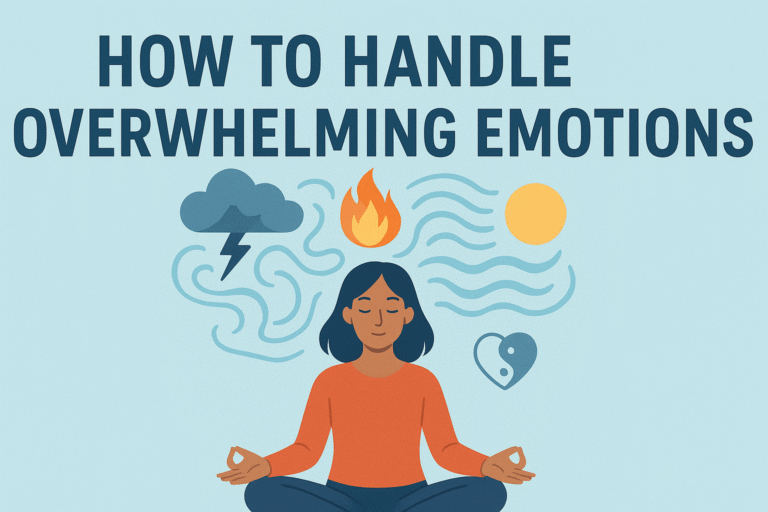
Expert Study Tips :- Final exams can feel overwhelming. Sleepless nights, high expectations, and the pressure to remember months of material — there are lot’s of But what if studying didn’t have to be so stressful?
With the right strategies, mindset, and study habits, preparing for final exams can become manageable — even enjoyable. In this guide, you’ll discover practical, expert-approved tips to help you study smarter (not harder), stay motivated, and perform at your best.
1. Start with a Study Plan That Works for YOU
One of the biggest mistakes students do is starting without a clear plan. Studying randomly leads to burnout, missed topics, and last-minute panic. Instead, map out your time with a realistic study schedule.
Here’s how to do it:
- Break down your subjects. Make a list of of all topics and subtopics so you don’t miss anything.
- Prioritize difficult material. Start with the areas that challenge you the most.
- Set daily goals. Instead of vague plans like “study chemistry,” go for “review acids and bases and solve 10 practice questions.”
- Leave buffer time. Unexpected things happen. Plan extra days to revise tough topics or revisit skipped material.
2. Use Active Study Methods
Reading your notes again and again? That is passive learning, and it is insufficient. Active study methods keep your brain engaged, helping you absorb and retain information more effectively.
Try these active learning techniques:
- Practice recall. Close your notes and try to explain a concept out loud or write it down from memory.
- Quiz yourself. Create questions or flashcards to test your understanding.
- Teach someone else. Explaining topics to a friend or even a pet forces you to simplify and clarify your thoughts.
- Mind mapping. Visual learners can benefit from organizing ideas into diagrams and charts.
3. Create a Distraction-Free Study Environment
Studying with your phone buzzing, the TV on, and multiple browser tabs open? That’s a recipe for distraction. The space you study in affects how well you focus — and how much you learn.
Set yourself up for success with these tips:
- Pick a quiet space. Avoid areas with background noise and interruptions.
- Keep your desk clean. A clutter-free workspace reduces mental clutter.
- Put your phone away. Turn on Do Not Disturb or place it in another room while studying.
- Use tools wisely. If you need your laptop, close all unrelated tabs and apps. Try using a timer to stay on track.
4. Practice, Practice, Practice
The more you practice, the more confident you’ll feel. Doing problems or writing sample answers helps you understand how to apply what you’ve learned.
Effective practice tips:
- Solve past exam papers. Time yourself and simulate real test conditions.
- Use practice books or worksheets. Focus on applying concepts, not just memorizing them.
- Review your mistakes. Don’t just mark things wrong—understand why they’re wrong and how to fix them.
5. Stay Consistent — Not Perfect
Consistency is more important than cramming or perfection. Studying a little bit every day is far more effective than a marathon session the night before your test.
Here’s how to build consistency:
- Stick to your schedule. Even 30 focused minutes a day adds up.
- Track your progress. Check off topics as you complete them to stay motivated.
- Take breaks. Give your brain time to rest so it can store what you’ve learned.
6. Don’t Forget About Sleep, Food, and Movement
Studying all night and skipping meals might feel productive, but it’s actually hurting your performance. Your brain works best when your body is taken care of.
Here’s how to support your brain while studying:
- Sleep 7–9 hours a night. Sleep helps solidify what you’ve learned.
- Eat nutritious meals. Go for brain-boosting foods like eggs, nuts, whole grains, and fruit.
- Stay hydrated. Dehydration can cause fatigue and loss of focus.
- Move your body. Short walks, stretching, or dancing can refresh your mind and boost memory.
7. Manage Exam Stress
Nervous about finals? You’re not alone. Everyone feels anxious sometimes — it’s how you handle it that makes the difference.
Try these stress-busting techniques:
- Deep breathing. Inhale slowly, hold, and exhale. Repeat a few times.
- Positive self-talk. Replace “I’m going to fail” with “I’ve prepared, and I’ll do my best. And I will top in school.”
- Visualization. Picture yourself confidently answering questions and finishing your exam with ease.
- Take breaks when needed. It’s okay to rest and recharge — it actually improves your focus.
8. Use the Power of Routine
During finals, every decision takes energy — what to study, when to start, whether to take a break. A routine simplifies all that.
Build a study routine like this:
- Wake up and go to bed at the same time every day.
- Study in focused blocks with breaks in between.
- Use cues like music, lighting, or specific clothes to trigger “study mode.”
- End your day with light revision or reviewing flashcards.
9. Don’t Compare Yourself to Others
Everyone has a different pace, different strengths, and different methods. Comparing yourself to friends or classmates will only distract you.
Instead, focus on:
- Your personal goals and progress
- What you can do today to improve
- Strategies that work best for you
10. Believe in Yourself
You’ve made it this far—you’re stronger and smarter than you think. Exams are important, but they don’t define your worth. What truly matters is your effort, resilience, and growth.
When you feel stuck, remind yourself:
- I don’t have to be perfect to succeed.
- Every step forward counts.
- I’m capable of learning and improving.
Final Thoughts
Final exams can be challenging, but with preparation, self-care, and a solid game plan, you’ve got everything you need to succeed. Trust the process, stay consistent, and believe in yourself.
Now take a deep breath — your final exam prep starts now.



